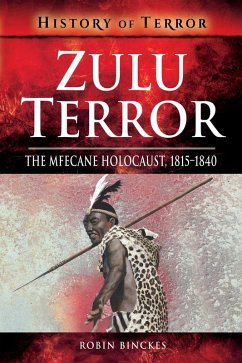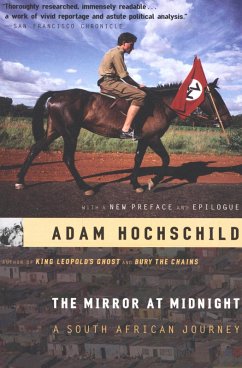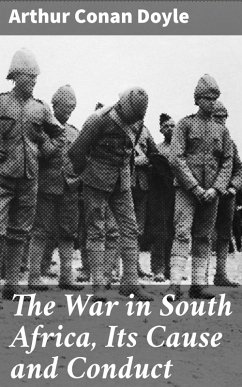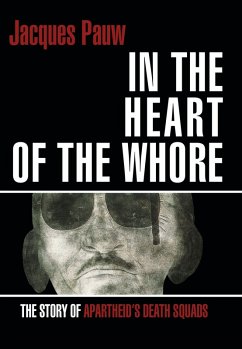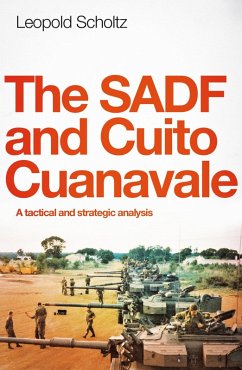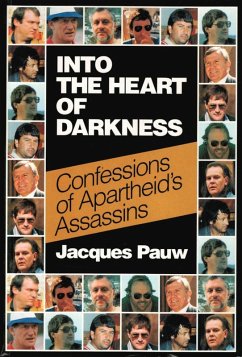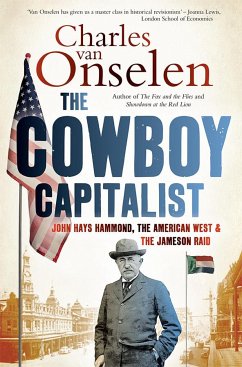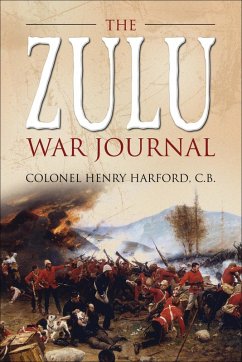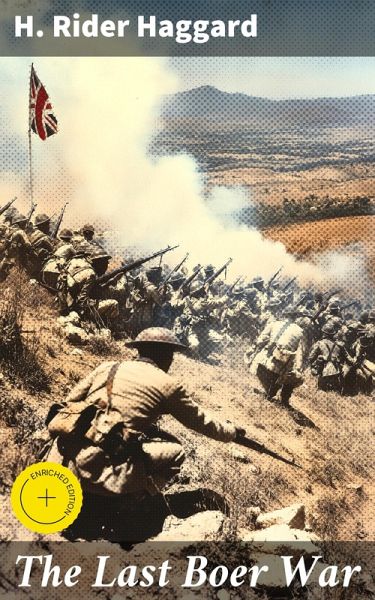
The Last Boer War (eBook, ePUB)
Enriched edition. A Gripping Tale of War, Intrigue, and National Identity in 19th Century South Africa
Kommentar: Langley, Meredith / Redaktion: Good Press
Versandkostenfrei!
Sofort per Download lieferbar
0,49 €
inkl. MwSt.
Weitere Ausgaben:

PAYBACK Punkte
0 °P sammeln!
In "The Last Boer War," H. Rider Haggard offers a gripping narrative of the Second Boer War, blending historical fact with vivid storytelling. Haggard's literary style combines adventure with deep psychological insight, painting a complex portrait of the conflict between British imperialism and the Boer republics. His attention to detail and character development provides readers with an immersive experience, situating the war within its broader sociopolitical context and evoking the tumultuous atmosphere of a time marked by both valor and tragedy. H. Rider Haggard, a prominent figure of late ...
In "The Last Boer War," H. Rider Haggard offers a gripping narrative of the Second Boer War, blending historical fact with vivid storytelling. Haggard's literary style combines adventure with deep psychological insight, painting a complex portrait of the conflict between British imperialism and the Boer republics. His attention to detail and character development provides readers with an immersive experience, situating the war within its broader sociopolitical context and evoking the tumultuous atmosphere of a time marked by both valor and tragedy. H. Rider Haggard, a prominent figure of late Victorian literature, gained international fame through his earlier works, particularly the adventure novels that explored themes of empire and exploration. His personal experiences in South Africa, alongside his fervent interest in the imperial ethos, motivated him to write "The Last Boer War," which reflects not only the military engagements but also the cultural and moral dilemmas faced by the British. Haggard's engagement with the complexities of colonial warfare offers a unique perspective on the events that shaped modern South Africa. This book is essential reading for anyone interested in military history, colonial studies, or the literary tradition of adventure narratives. Haggard's ability to convey the human experience amidst the chaos of war makes "The Last Boer War" a powerful and thought-provoking text, inviting readers to reflect on themes of loyalty, freedom, and the personal costs of conflict. In this enriched edition, we have carefully created added value for your reading experience: - A succinct Introduction situates the work's timeless appeal and themes. - The Synopsis outlines the central plot, highlighting key developments without spoiling critical twists. - A detailed Historical Context immerses you in the era's events and influences that shaped the writing. - An Author Biography reveals milestones in the author's life, illuminating the personal insights behind the text. - A thorough Analysis dissects symbols, motifs, and character arcs to unearth underlying meanings. - Reflection questions prompt you to engage personally with the work's messages, connecting them to modern life. - Hand-picked Memorable Quotes shine a spotlight on moments of literary brilliance. - Interactive footnotes clarify unusual references, historical allusions, and archaic phrases for an effortless, more informed read.
Dieser Download kann aus rechtlichen Gründen nur mit Rechnungsadresse in A, B, BG, CY, CZ, D, DK, EW, E, FIN, F, GR, H, IRL, I, LT, L, LR, M, NL, PL, P, R, S, SLO, SK ausgeliefert werden.





